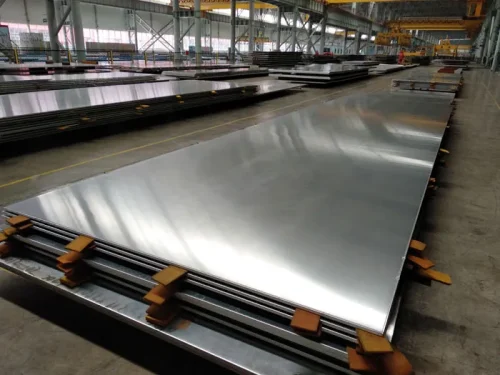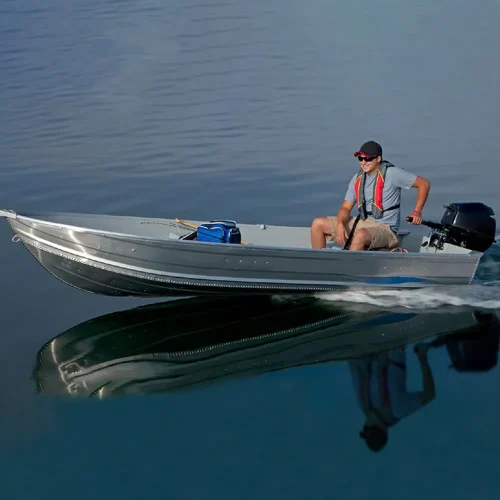Marine Aluminium Grades
The material requirements for marine aluminum grades are relatively stringent. Aluminum alloy goods such as 5052, 5083, 5086, 5454, 5754, and 6061 are often utilized at the moment. The benefits of marine aluminum are clear in practical applications. First, it has a low specific gravity, which reduces ship weight, saves energy, and increases load capacity; second, it has good corrosion resistance, which reduces oiling and other expenses and extends its service life; third, it has good welding and processing formability, which is useful for later processing; and finally, aluminum is lightweight. The waste materials are easily recyclable and recyclable. At the same time, they do not burn and are fireproof.

5083 aluminum alloy: The main components of 5083 are aluminum, magnesium and a small amount of chromium. It has excellent corrosion resistance, high strength and good welding performance. It is the most suitable aluminum alloy for salt water and the most suitable aluminum plate for ships. It is an ideal choice for manufacturing ship bottom plates, bottom beams, decks, hatch covers, deflectors, fuel tanks and other offshore structures.
Why Can Aluminum Be Used Near Water?
Aluminum may not be the best for continuous submersion, but it is a popular material for boats, docks, pontoons, job site furniture and ladders because it is both light and strong. When raw aluminum is exposed to air and water (rather than being constantly immersed in water), the aluminum oxide that forms on the surface prevents further corrosion. Ordinary 3000 series aluminum alloyswill oxidize rapidly in marine environments. If you are purchasing aluminum items for use in or around the water, make sure you are purchasing marine grade aluminum, whether it is thealuminum 5000 seriesor some of the manufacturers aluminum 6000 series alloy products. With care and maintenance, these grades provide a long service life for aluminum objects near water.

Selection Principles for Marine Grade Aluminum:
Aluminum marineis one of the emerging fields of aluminum alloy products, and it is also a key direction for the transformation and upgrading of many aluminum processing companies. Since aluminium marineis used in marine vessels and other fields, it has stricter process requirements and performance standards than other ordinary aluminum alloy products. It can be mainly divided into four aspects:
- High specific strength and specific modulus: The structural strength and size of the ship are closely related to the yield strength andelastic modulusof the material. Since the elastic modulus and density of aluminum alloys are roughly the same, the addition of alloy elements has little effect, so in Increasing the yield strength within a certain range is effective in lightening the ship structure. It is often difficult for high-strength aluminum alloys to have both excellent corrosion resistance and weldability. Therefore, marine aluminum alloys are generally medium-strength, corrosion-resistant and weldable alloys.
- Excellent welding performance: At present, automatic argon arc welding method is mainly used in ships. Good weldability means that the tendency of aluminum alloy to form cracks during welding is smaller, which means that aluminum alloy must have good welding crack resistance. . Because the lost welding performance cannot be restored by heat treatment again under shipbuilding conditions.
- Excellent corrosion resistance: Ship structures are used in somewhat harsh seawater media and marine environments. Therefore, corrosion resistance is one of the main signs of aluminum sheet for boat.
- Good cold and hot forming properties: Because ship manufacturing requires a variety of cold processing and hot processing, aluminum for marine use must be easy to process and form, without crack defects, and still meet the strength and corrosion resistance requirements after processing.


